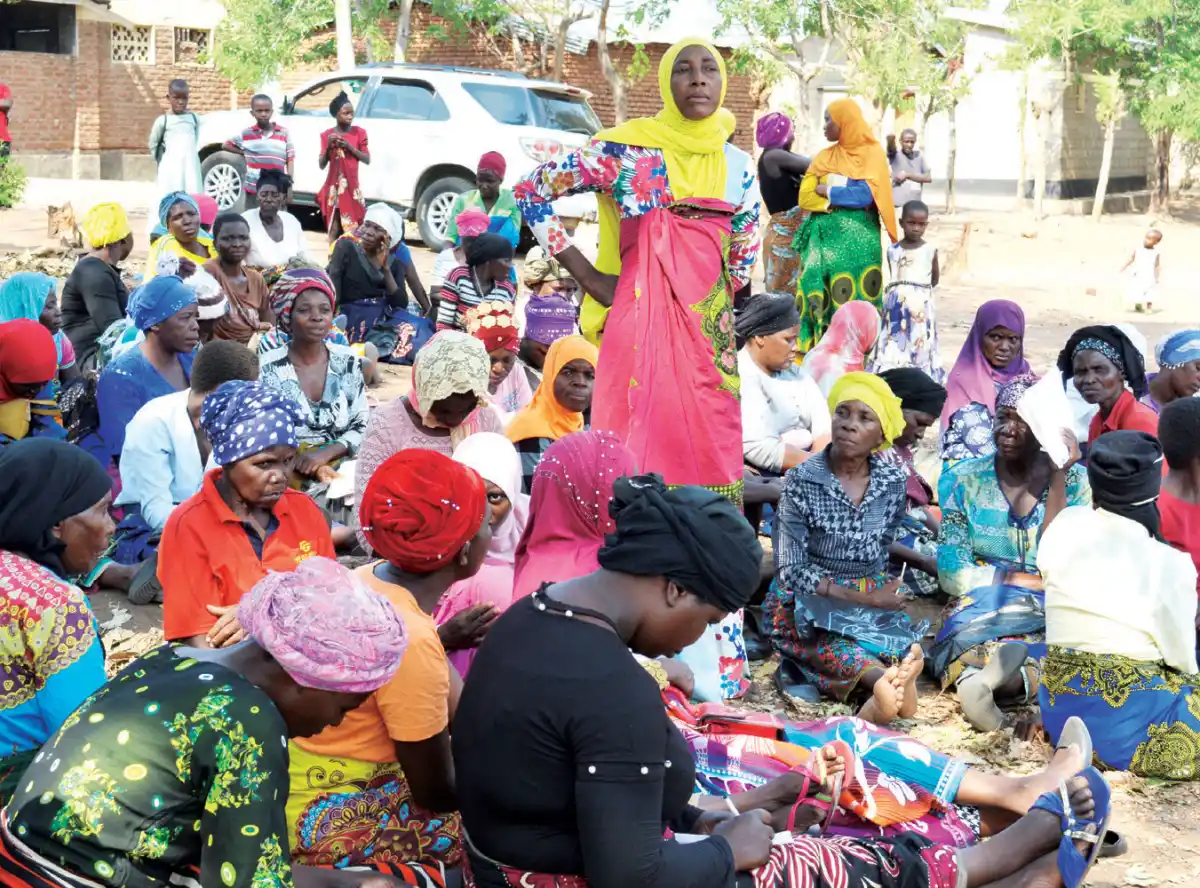
By Wezzie Gausi:
The Social Cash Transfer Programme (SCTP), commonly known as Mtukula Pakhomo, has reached 1.3 million-plus beneficiaries, including 600,000 children, in its mission to alleviate poverty and promote livelihoods across Malawi.
The initiative, implemented in all 28 districts, is a key pillar of Malawi’s National Social Support Policy and is expected to continue under the Malawi National Social Protection Strategy (MNSPS) 2023-28.
Speaking at an SCTP Communications Strategy Validation Workshop in Lilongwe on Monday, Secretary for Gender, Community Development and Social Welfare Nertha Semphere said the programme had become a critical safety net for the country’s most vulnerable populations.
She said SCTP provides regular, adequate and timely cash transfers to protect resource-constrained citizens from extreme poverty.
“It supports their basic needs, prevents further deprivation and contributes to human capital development,” Semphere said.
With 93 percent of businesses in Malawi operating informally and many citizens lacking access to contributory social protection, Semphere said SCTP remained one of the few guaranteed income sources for ultra-poor households.
Global African Consultancy Principal Human Development expert Fidelis Hove, who was involved in developing the strategy, said it was designed to take a holistic approach to social cash transfers to ensure that their full impact is realised.
He said misinformation had led to misconceptions about cash transfers, making it essential to communicate their purpose and impact effectively.
“This strategy has been designed to look at holistic agendas about social cash transfers. People need to have the right information about how these transfers work if the initiative is to truly benefit community members,” Hove said.
The strategy aims to increase programme understanding among 90 percent of beneficiaries by 2029 and enable them to secure broader political and financial independence.








0 Comments